
Important Signs To Look For That Could Suggest You Have Polymyalgia Rheumatica
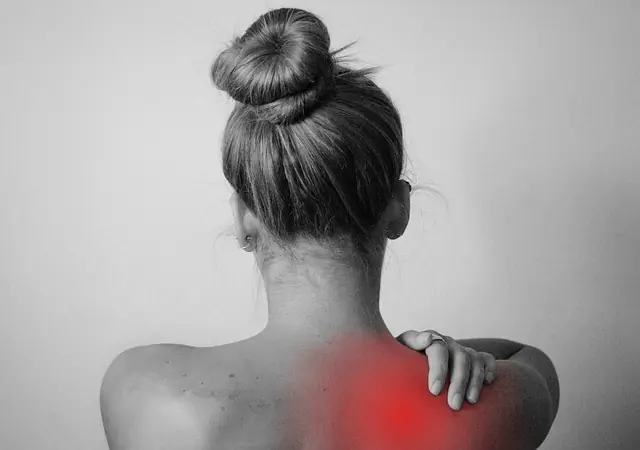
Polymyalgia rheumatica is an inflammatory condition marked by stiffness and pain in the muscles and joints. It primarily affects the hips and shoulders, and its symptoms can either appear suddenly or develop gradually over a few days. This condition is uncommon in individuals under 50 and is most frequently seen in those over 65. While polymyalgia rheumatica is often mistaken for fibromyalgia due to similar muscle pain, the two differ in terms of their causes, symptoms, and treatments. Additionally, polymyalgia rheumatica is related to another inflammatory condition called giant cell arteritis. In this article, we’ll look at some key signs that may indicate the presence of polymyalgia rheumatica.
Shoulder Pain
The condition often begins with pain in the shoulders, which can make everyday tasks, like dressing or reaching for items, challenging. The pain is typically felt on both sides of the body and may worsen at night, making it difficult to sleep. In some cases, the pain extends into the upper arms, leading to a persistent and deep ache that does not subside.
Pain in the Neck, Buttocks, Thighs, Hips, and Upper Arms
While the pain usually starts in the shoulders, it can also affect other major muscle groups, including those in the hips, upper arms, buttocks, thighs, and neck. This pain can make it difficult to sit, bend, or rise from a seated position. It often intensifies after repetitive movements or following a period of inactivity.
Stiffness
A hallmark of polymyalgia rheumatica is a feeling of stiffness, especially in the morning or after periods of inactivity. Patients often describe their muscles as "locking up" after waking up, and this sensation can last for over an hour. Even sitting in the same position for an extended time can cause stiffness, making movement uncomfortable. Mild movements may offer some relief, but if left untreated, the condition can worsen and affect mobility.
Limited Range of Motion
If the stiffness is not addressed, it can lead to a limited range of motion. For example, you may experience pain in your shoulders when trying to raise your arms or extend them outward. It can also reduce hip mobility, making activities like standing up from a chair or climbing stairs difficult. Over time, people often unconsciously limit their movements to avoid pain, which can result in decreased flexibility and weaker muscles.
Knee, Elbow, and Wrist Pain
Although most people experience pain primarily in the shoulders and hips, some also report stiffness and pain in their knees, elbows, and wrists. These symptoms may resemble arthritis, but unlike rheumatoid arthritis, polymyalgia rheumatica typically does not cause joint damage or swelling. Pain in the wrists can make tasks like writing or typing difficult, while knee pain can make walking challenging. The joint pain is often accompanied by muscle aches, making movement even more difficult.
Other Symptoms of Polymyalgia Rheumatica
While pain and stiffness are the main symptoms of polymyalgia rheumatica, other signs can also appear. Inflammation may lead to a mild fever, and many people report feeling persistently tired. Some individuals experience a general sense of unwellness, with no obvious cause. Additionally, some may lose weight due to a decreased appetite, and depression can also develop, often as a result of mobility challenges.
The Bottom Line
As we age, our bodies become more vulnerable to various conditions, which often limit our mobility due to pain. Many individuals with polymyalgia rheumatica experience significant stiffness and pain that can make everyday activities difficult. If you or a loved one notice these signs—such as muscle stiffness in the shoulders and hips and joint pain in the knees and elbows—it’s important to consult a healthcare provider for a comprehensive evaluation. Untreated, this stiffness and pain can severely impact movement, lower the quality of life, and lead to depression.
News in the same category


FDA issues urgent blueberry recall over fears they ‘could cause death’ following tests

Important details of Jesus' life discovered in incredible 2,000-year-old boat

Why family of 'Sleeping Prince' refused doctors' advice as he dies after spending 20 years in coma following car crash

Woman who made $80,000 in seven months while selling her toenails reveals disgusting thing they're used for

Netflix faces backlash after rolling out 'horrible' redesign that viewers 'hate'

Citizens fear Alaskan capital could be swallowed under water following major glacier outburst

Cryonic preservation: 50 years later

Popular shampoo recalled over deadly bacteria risk

Hugging and cuddling kills depression, relieves anxiety, and even strengthens the immune system — here’s why you should do it more often!

Donald Trump brutally called out by his own AI chatbot in embarrassing posts

Scientists discover mind-blowing 'proof' of ancient civilization living in Louisiana 13,000 years ago

People finally track down real-life location of viral truck stop that's impossible to visit

Trump slams Nobel Prize-winning economist as ‘deranged bum’ after brutal takedown of his tariff plan

Trump fires back with blunt 6-word statement after Epstein photos resurface

Ancient Warning Emerges On Hawaiian Shore Days Before Massive Earthquake

Bizarre reason ChatGPT will always refuse this one simple request

Elvis Presley’s Private Flight From 1962 Has Finally Been Sold – The Interior Is Amazing

Why McDonald’s Removed The Clown From The Company Image
News Post

Arkansas woman accidentally discovers $27,000 dollars after kicking 'spiderweb' in park
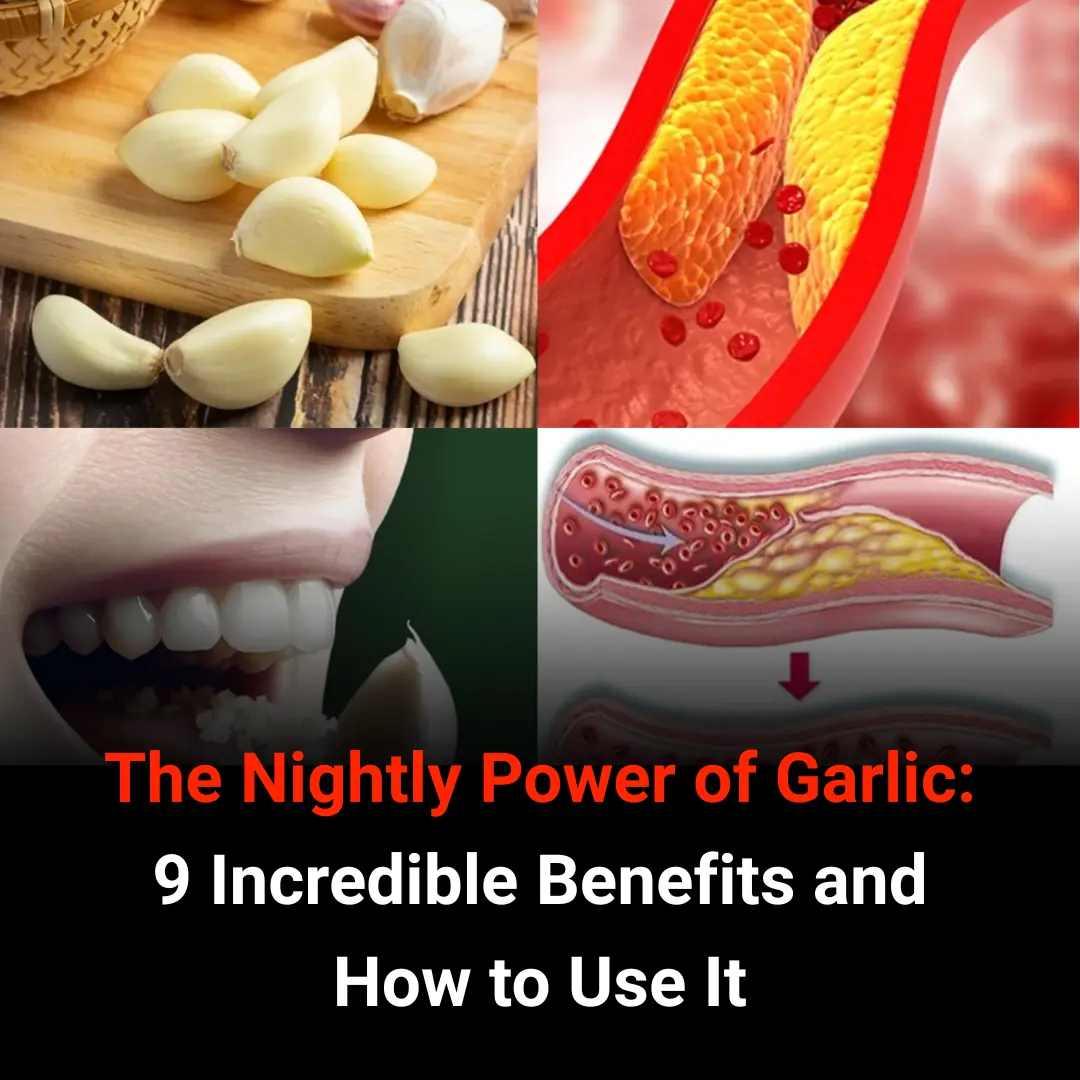
The Nightly Power of Garlic: 9 Incredible Benefits and How to Use It

An Onion Drink for Eye Health: A Holistic Approach

A Pill to Regrow Your Teeth? The Future of Dentistry is Here

6 Health Benefits of Eating One Cup of Pineapple Every Day

4 Common Traits of Adults Who Grew Up Without Love

82-Year-Old Woman Reverses Dementia Symptoms with Mediterranean Diet

The Real Consequences of Sleeping With…

Tibremciclib for Advanced Breast Cancer: Is It Worth It?
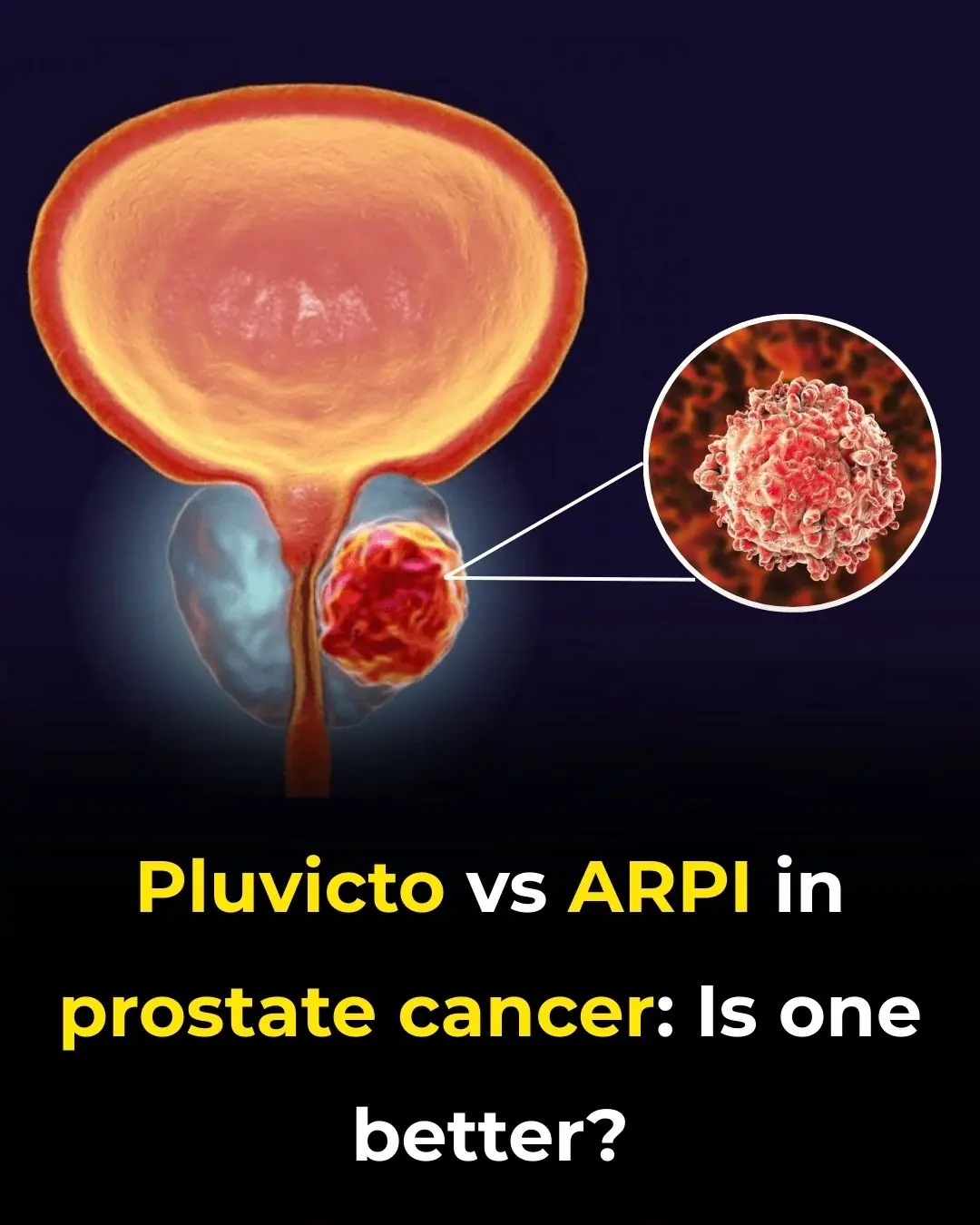
Pluvicto vs ARPI in Prostate Cancer: Is One Better?

Does Chest Pain Always Mean a Heart Attack?

10 Tasty Snacks Packed With Good-for-You Carbs

Pokeweed: The Attractive but Highly Toxic Plant Growing in Your Backyard
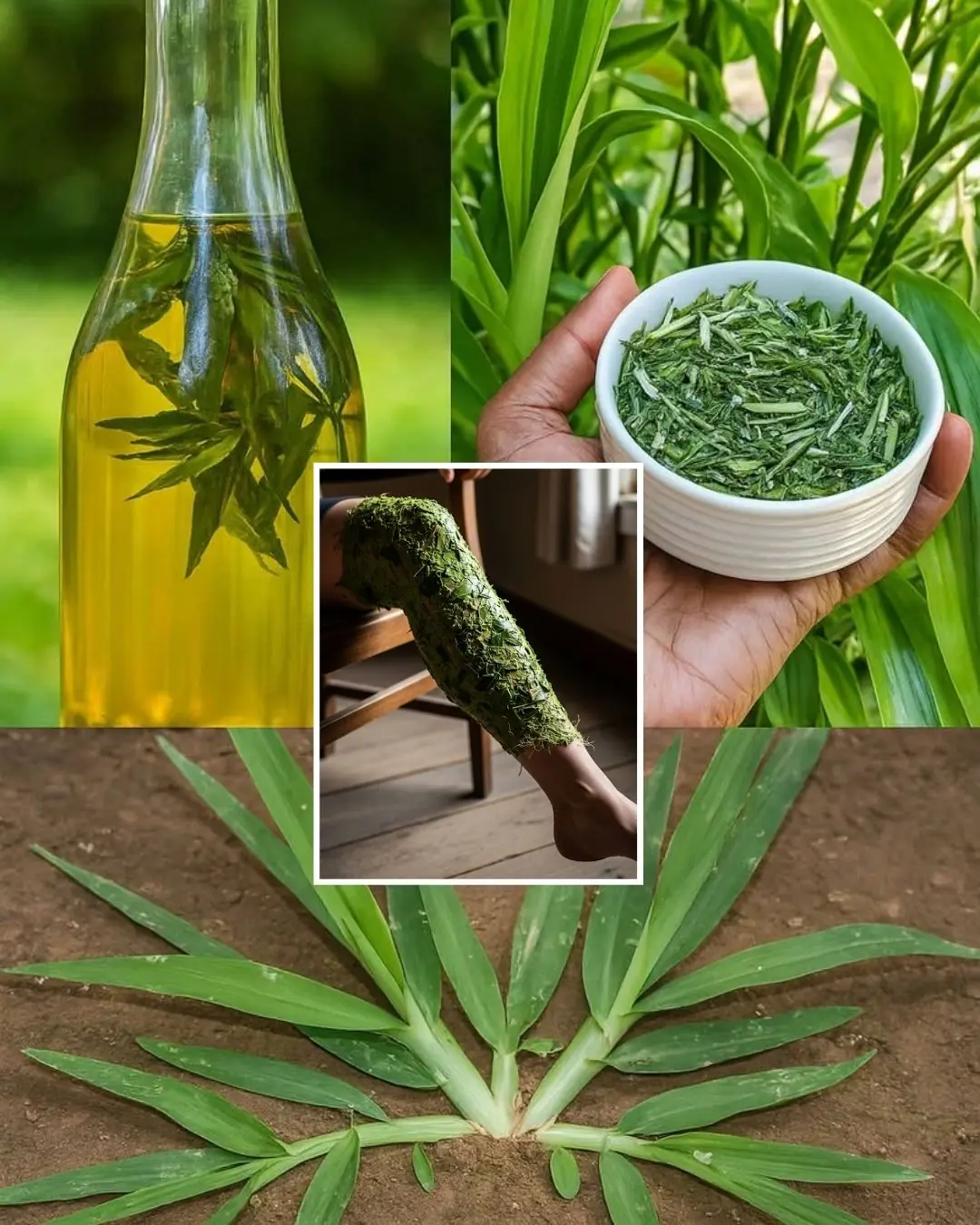
Goosegrass: Health Benefits and Uses

The Powerful Health Benefits of Lipton, Cloves, and Ginger Tea Every Woman Should Know
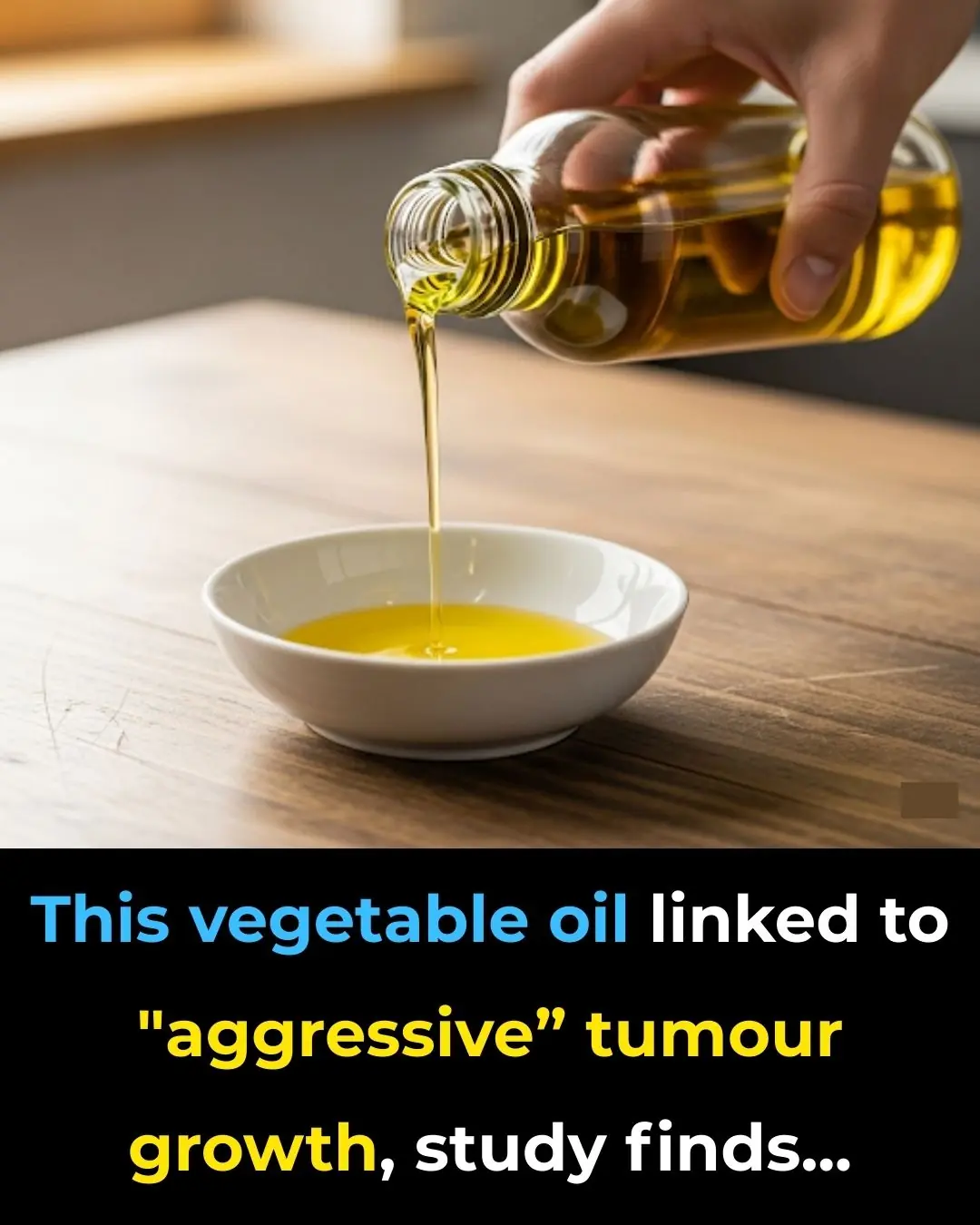
Drink this before bed to balance blood sugar & stop nighttime bathroom trips!

This vegetable oil linked to “aggressive” tumour growth, study finds

The Miracle Tree: 16 Health Benefits of Moringa & How to Use It
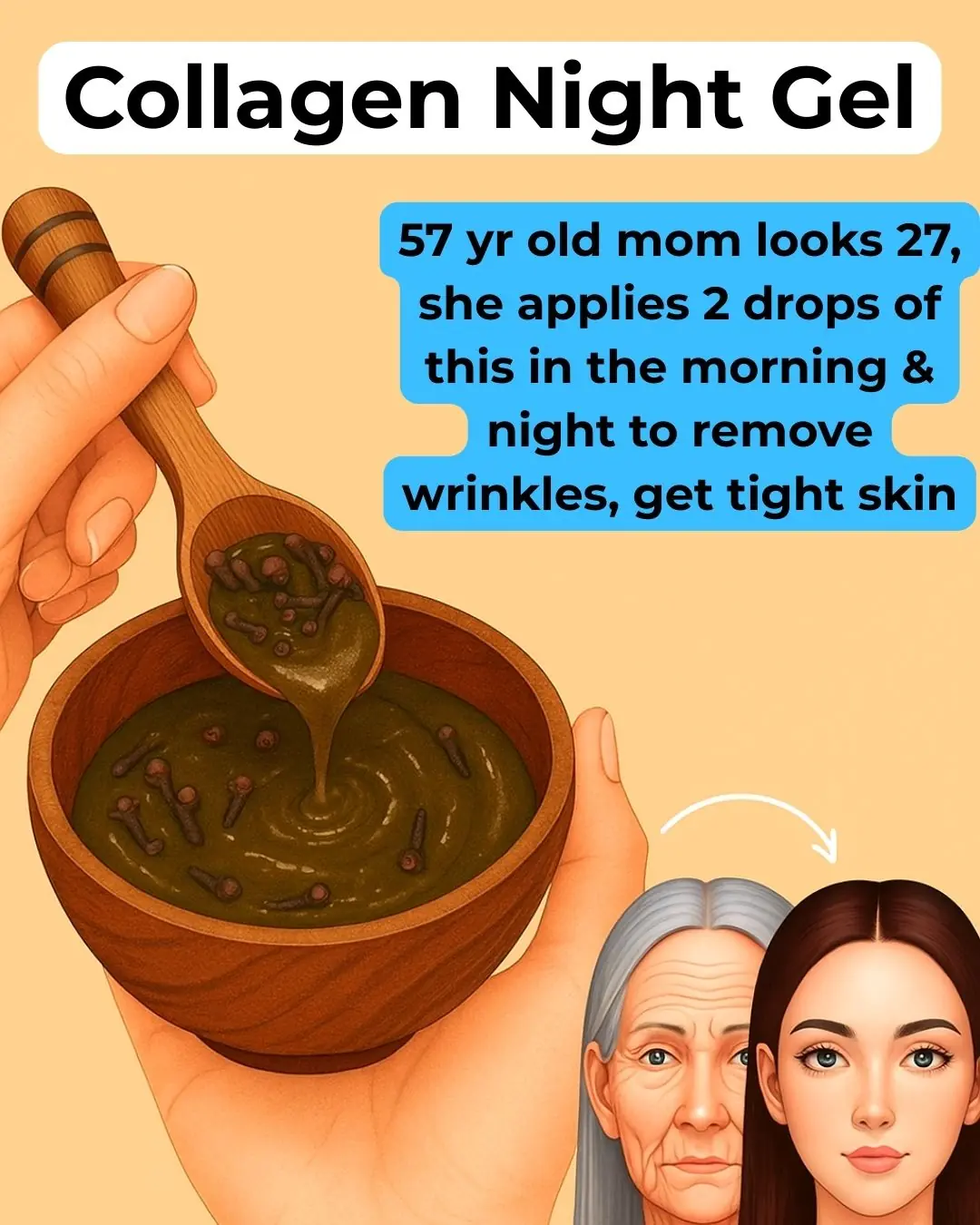
Clove Collagen Gel : Night Gel For A Smooth & Tight Skin
